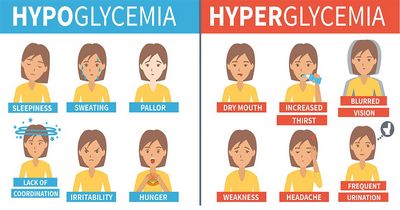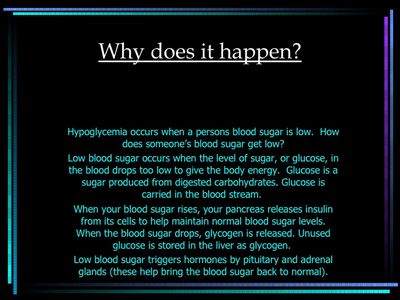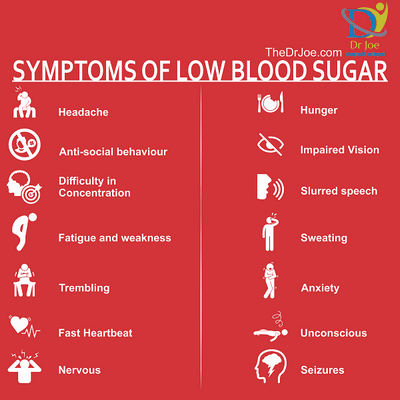Etiology of hypocalcemia.

Hypocalcemia can be caused by a variety of factors, including a deficiency of calcium in the body. Hypo calcium is often associated with calcium deficiency, particularly parathyroid hormone (PTH) and hypophosphatemia, and can lead to severe hypocalcemia, which can sometimes result in death.
Calcium is necessary for muscle contraction and is vital for normal cell division. Calcium is especially important for bone development, and its presence in the blood prevents calcium absorption from the intestines and excreted in urine. Hypocalcemia is the imbalance between the levels of calcium in the bloodstream and the levels found in the bones and teeth, where it is stored.
Causes of hypocalcemia depend on the specific cause and how the condition develops over time. If calcium is deficient in the body, then the patient is prone to hypocalcemia because the blood cannot absorb enough calcium for adequate bone growth. People with kidney disease are particularly susceptible to hypocalcemia because the kidneys cannot produce sufficient amounts of calcium for the bones. Calcium is an important mineral for healthy bone development.

A patient who is suffering from hypocalcemia may feel weakness, numbness, and tingling sensations in the hands and feet.
Many people do not understand that a deficiency of calcium can cause hypocalcemia, even though the most common cause of hypoglycemia is a deficiency of calcium in the body. Most people believe that a lack of calcium in the body leads to poor bone density, osteoporosis, and arthritis. However, there are also some individuals who have been shown to have a higher risk for developing hypocalcemia if they fail to take calcium supplements, which help them maintain a healthy bone density. This condition is called hypocalcemia and can cause serious consequences.
Hypolcemia can also be caused by a calcium deficiency in the elderly or pregnant women. These two groups have a higher risk of developing hypocalcemia than men, because their bodies cannot adequately absorb the amount of calcium that is needed in the bloodstream. Pregnant women, for instance, tend to be at risk of hypocalcemia in the third trimester of pregnancy, but this risk does not usually increase after delivery. In addition, many older people are prone to hypocalcemia because they often lack the amount of calcium in their blood that is needed to maintain healthy bones.
For those who are pregnant, calcium deficiency during pregnancy often results in severe medical conditions, including low birth weight, preterm labor, and an increased risk for SIDS, the sudden infant death syndrome.

Hypocalcemia during pregnancy can be treated with supplements that help the body absorb enough calcium. This problem is much less common in women who are not pregnant and is more common in older women.
Another common reason why hypocalcrememia occurs is when a person is suffering from calcium deficiency due to severe diarrhea. A person who is not getting sufficient calcium in their diet can suffer from hypocalcrememia because it can lead to osteoporosis. When calcium in the intestines cannot be absorbed, the body has a difficult time absorbing other nutrients, like calcium. When calcium is present in the blood, it is easier for it to be metabolized and used as energy in muscle contraction.
If a person is suffering from hypocalcemia due to a calcium deficiency, the treatment is usually through a vitamin supplement that helps to absorb enough calcium into the bloodstream. It is not recommended that they consume less calcium, however, because the body will then not absorb enough. It is better for them to consume more calcium, but to do so at the right time of day.